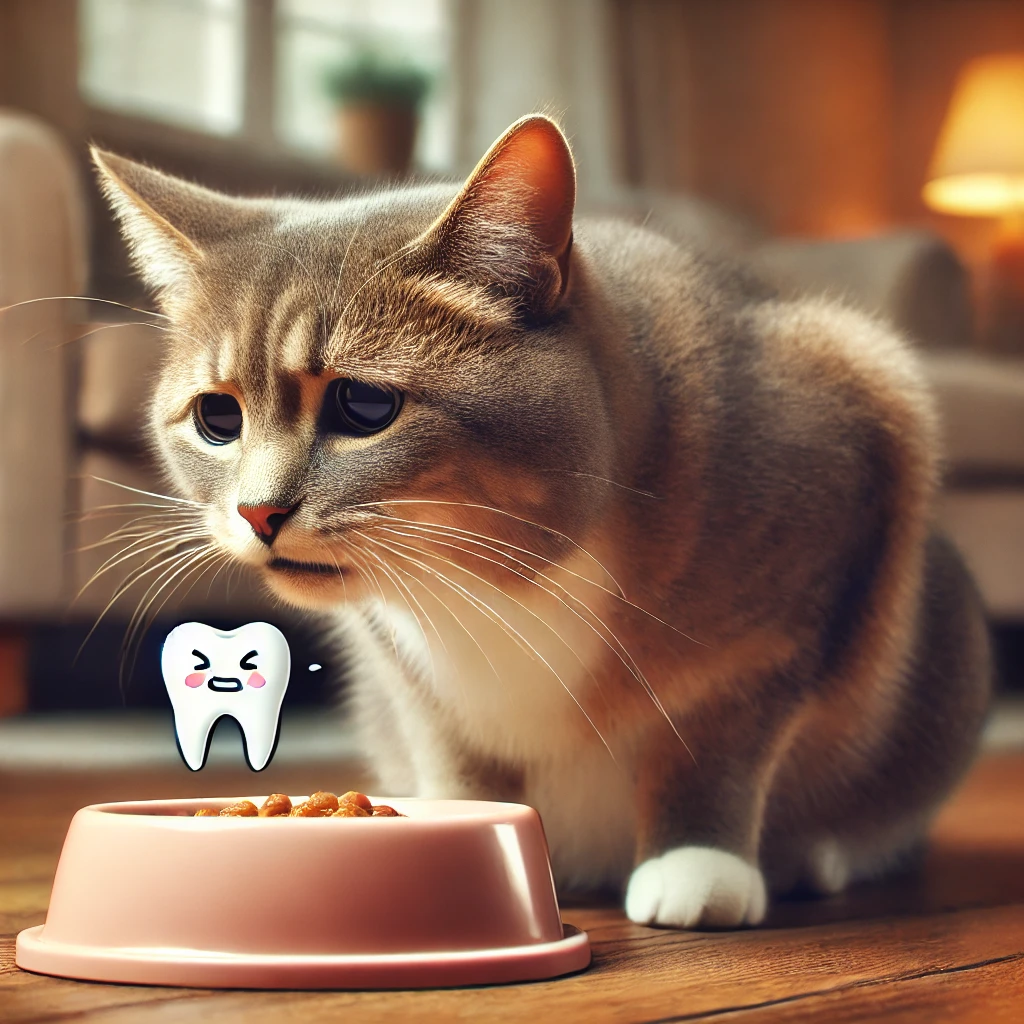Unlock the Secrets to Optimal Dental Health for Your Beloved Cat
Many cat owners often overlook the essential aspect of their feline friend’s dental well-being, which can result in severe health complications. Just as humans need to maintain their teeth for overall health, cats also depend on their dental condition to thrive. The intricate anatomy of a cat’s mouth features sharp teeth uniquely suited for tearing and slicing through their food. Any dental issues can significantly hinder their ability to eat properly, and such problems can lead to critical health concerns throughout their bodies, ultimately affecting their longevity and quality of life.
The incidence of dental disease among cats is surprisingly high. Research indicates that a significant percentage of cats will face some form of dental problem over their lifetime, ranging from minor tartar accumulation to severe conditions such as gum disease and eventual tooth loss. These oral health issues can extend beyond the mouth, potentially causing serious complications that affect vital organs, including the heart, liver, and kidneys. This underscores the critical need for proactive dental care to ensure a healthier, happier life for your feline companion.

Gaining insight into the potential dangers of ignoring your cat’s dental health is crucial. When a cat suffers from dental disease, harmful bacteria from these infections can easily enter the bloodstream, spreading throughout the body and leading to chronic health issues. In more severe cases, these complications can drastically diminish their quality of life. Therefore, closely monitoring your cat’s teeth and gums is not merely about appearance; it is a fundamental aspect of their overall health and well-being that should never be underestimated.
Identifying Dental Issues in Cats: Key Signs and Symptoms to Monitor
Detecting dental problems in your cat can prove challenging, but certain indicators can help you recognize potential issues before they worsen. A significant drop in appetite or your cat suddenly refusing their favorite kibble is often one of the first signs that something may be wrong. Furthermore, symptoms such as excessive drooling, persistent bad breath, and noticeable bleeding gums all signal that their oral health may be compromised and needs immediate attention from a veterinarian.
Cats are adept at concealing pain, making it even more difficult to recognize dental discomfort. It is vital to remain vigilant and observe any subtle changes in behavior, such as increased irritability, unwillingness to play, or a newfound habit of pawing at their mouth. These behaviors can indicate underlying dental distress and should always be taken seriously, as early detection is crucial for effective intervention and treatment.
Regular veterinary check-ups are an essential component of maintaining your cat’s dental health. A skilled veterinarian can identify dental issues that may not be apparent during routine examinations. Timely detection of these problems is crucial, allowing for prompt treatment before minor concerns escalate into significant health threats that could jeopardize your cat’s well-being.
Consider the case of Mittens, a vibrant tabby who appeared perfectly healthy until a routine vet visit uncovered advanced dental disease. Thanks to swift intervention, Mittens was able to avoid severe health complications that could have arisen from untreated dental issues. Stories like Mittens’ highlight the critical importance of not neglecting regular veterinary visits, even when your furry friend seems to be in great shape.
Designing a Comprehensive Dental Care Routine for Your Cat
Creating a dental care routine for your cat may initially seem intimidating, but with the right tools and a little patience, it can become a straightforward and rewarding endeavor. First and foremost, it is essential to choose the appropriate dental products. Invest in specially designed cat toothbrushes and toothpaste; using human toothpaste is not suitable for your feline friend and can pose health risks.
Once you have assembled your dental care supplies, the next step is to gradually introduce your cat to the brushing process. Cats typically require time to adjust to having their teeth brushed. Start by letting them sample the toothpaste to make the experience enjoyable and less stressful. Following this, gently massage their gums with your finger to help them acclimate to the sensation before introducing the toothbrush into the routine.
Incorporating professional dental cleanings by your veterinarian should be a fundamental aspect of your cat’s dental care plan. Vets can perform deep cleaning procedures and address any issues that routine at-home care might overlook. This collaborative approach to dental health can significantly enhance your cat’s overall oral hygiene and help prevent future dental problems from arising.
If your cat resists tooth brushing, remember that patience is key. Utilize treats as positive reinforcement, and keep each brushing session brief and enjoyable. Over time, your cat will become more accustomed to this routine, allowing it to seamlessly integrate into their daily life without resistance or stress.

Exploring the Impact of Nutrition on Your Cat’s Dental Health
The significance of diet in maintaining your cat’s dental health cannot be understated. You might be surprised at how proper nutrition can bolster the strength of their teeth and the health of their gums. Certain types of food are specifically formulated to assist in reducing plaque and tartar accumulation, effectively providing your cat with a mini dental cleaning with every bite.
When selecting food for your cat, consider looking for dental-specific options. These products often feature textures designed to aid in cleaning teeth, making a noticeable difference in your cat’s oral hygiene regimen. It’s similar to giving their mouth a delightful workout! However, remember that while these foods are beneficial, they should complement, not replace, regular dental care practices.
Avoid giving sticky or sugary treats that can cling to their teeth and contribute to decay. Instead, opt for treats that are both delicious and supportive of dental health. Think of these treats as little allies in your mission to maintain your cat’s oral hygiene, helping to promote their dental health while they enjoy a tasty snack.
Integrating dental-friendly foods into your cat’s diet is easier than you might think. Start by mixing a small amount of new food with their regular diet to observe their response. Always consult your veterinarian to ensure that any dietary changes align with your cat’s specific nutritional needs while promoting optimal dental health.
The Article: Dental Care For Cats: Why It’s Important And How To Start Appeared First On Unity Pets.
The Article Was Found On https://limitsofstrategy.com
The Article Please provide the title you’d like me to rewrite. First Appeared ON
: https://ad4sc.com









Comments are closed